
Dry mouth or Xerostomia
Causes of dry mouth
Dry mouth is often associated with the aging process, but it doesn’t mean it’s an intrinsic attribute of aging. Dry mouth and the aging process are connected to wearing dentures, more common for older than younger people. Symptoms of dry mouth are unpleasant signs such as raw tongue, sore lips, difficulty swallowing and speaking, sore throat, bad breath, dry noses and lips.
The most common cause of dry mouth is Sjogren’s syndrome, an autoimmune disorder in which the immune system attacks and destroys exocrine glands that form tears and saliva. Dry mouth, dryness of the skin around the mouth, intense pain in the eyes, tiredness, and exhaustion and loss of vaginal lubrication in women, are the most obvious warning signs of Sjogren’s syndrome.
Herbal Treatment
Herbal remedies used in the treatment of dry mouth serve two purposes: bringing relief to inflammation and helping stimulate salivary glands to boost the rate of saliva production. These remedies have no side-effects so they should be used as often as possible. Keeping the mouth moist is the main principle of treatment.
Rickly ash tincture can be developed in a dosage of approximately 10-20 drops in a 1/4 cup of water. This preparation should be used 3-7 times a day. This herb stimulates salivary glands and thus helps, especially in those cases where dry mouth occurs as a side-effect of radiation treatment.
Slippery elm tea helps to reduce soreness in the mouth, along with Probotannix capsules in dosages of about 1,000-2,000 mg a day. Both may ease the unpleasant feelings and prevent inflammation of the mouth region.
Other tips
Liquids are important in almost any form. Patients should drink or sip water as often as they can. It is better to take little sips from time to time in order to maintain constant moisture in the mouth.
Patients should stay away from certain products that may add to the dryness of the mouth, such as sugary snacks, caffeinated drinks, tobacco and alcohol. Chewing gum might slightly stimulate salivary glands but it should be consumed only if sugar-free.
Acupuncture may also help but it should be noted that a total of twenty-four sessions are necessary for progress to be seen.


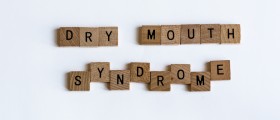
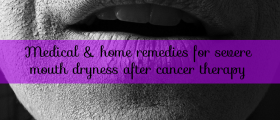
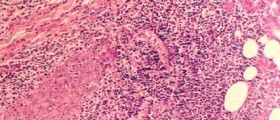
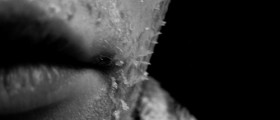

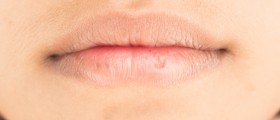

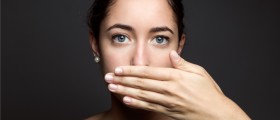
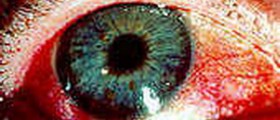
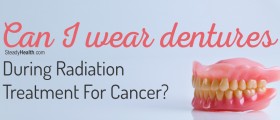

_f_280x120.jpg)
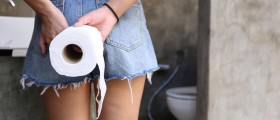
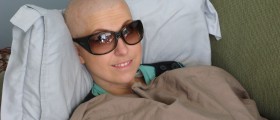
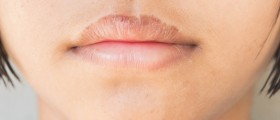
Your thoughts on this
Loading...